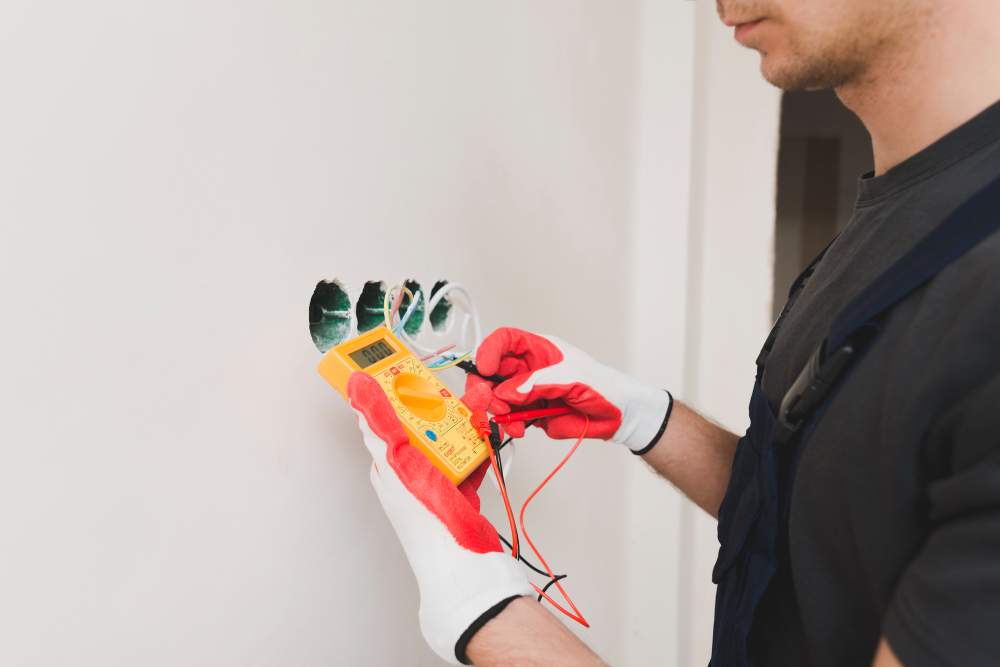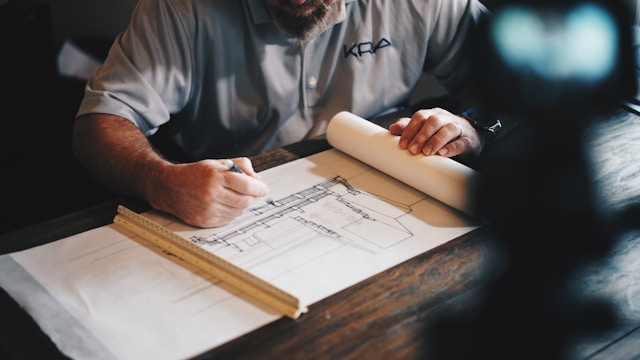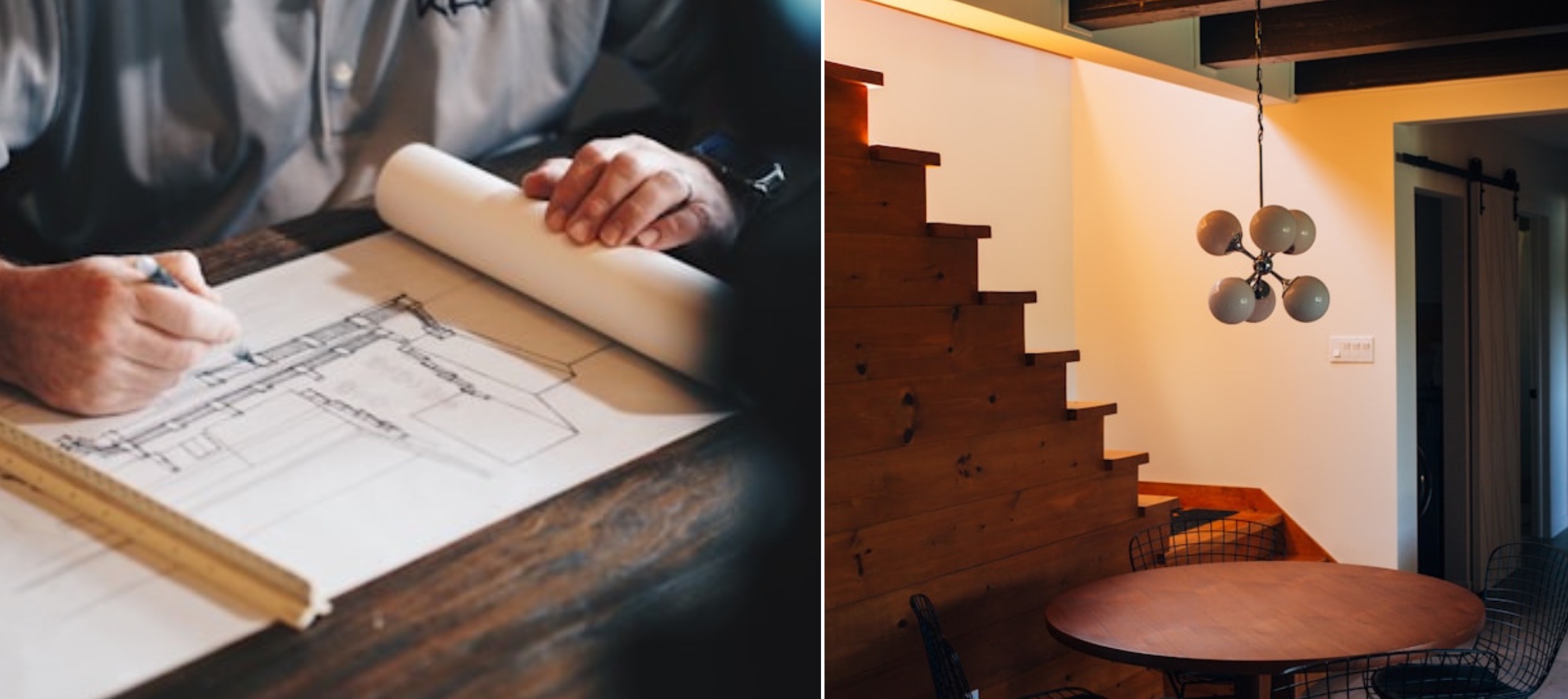An apartment in your basement or cellar can add considerable value and functionality to a home, making it more appealing to potential renters – but meeting all necessary code standards can be costly and complex.
State multiple dwelling law requirements that aim to improve safety can make it challenging or even impossible for homeowners to legalize basement apartments in single-family homes, making legalization impossible in some instances.
1. Permits
While basement and cellar apartments can offer affordable housing options, landlords who rent them out illegally risk significant fines and eviction orders for the tenants.
To be legal, basement apartments must meet certain health and safety regulations such as ceiling height, window size and egress requirements. If the basement doesn’t provide direct access to ground level outside, homeowners may be required to install an exit, such as via window well or exterior staircase, according to HPD.
Advocates maintain that cost-prohibitive state requirements to add windows and other costly upgrades don’t significantly enhance basement apartment safety, so a pilot program could ease red tape by exempting qualified homeowners from these stringent elements of state multiple dwelling law.
2. Budget
Dependent upon how a basement will be used, costs associated with its development can range from basic flooring and ventilation costs to plumbing, electricity and dehumidifier installation. Furnishings will also be an additional significant expense that must be planned for in your budget in order to attract tenants.

Before the pandemic hit, finishing a basement typically resulted in an approximate 70% return on investment; today it may even exceed this mark.
As housing costs continue to rise, more children are remaining living at home longer in order to save for their own properties – and basement apartments provide them with safe accommodations while they save. Unfortunately, due to high costs associated with bringing unregulated units up to code and becoming legal apartments within most neighborhoods. Therefore, The Pratt Center has advocated that the state amend their Multiple Dwelling Law so it becomes simpler and cheaper for homeowners who wish to convert cellar or basement spaces into legal apartments.
3. Design
Since Hurricane Ida flooded neighborhoods in 2021 and caused 11 deaths due to illegal homes, city efforts to legalize basement apartments have been met with much resistance from residents and landlords. A recent pilot program demonstrated that complying with state regulations can necessitate costly renovations for basement units tо meet safety standards.
Legal basement apartments require that exterior egress be available through either an adequately-sized window or staircase that leads to ground level above. Though this requirement may prove expensive to meet, achieving it can add both value and rental income for resale or rental purposes.
Advocates for basement apartment legalization argue that basement apartments are especially vulnerable tо flooding. They propose that creating safety standards will protect existing tenants from city orders tо vacate while also helping tо address the housing shortage by legalizing existing units.
4. Planning
Additionally, state regulations regulate basement apartment conversions beyond just zoning laws. For instance, to bring an existing cellar or basement up to code as an habitable apartment requires extensive renovations like fire safety measures and minimum ceiling height requirements.
Requirements such as these can add significant costs tо a basement conversion project and make іt unfeasible for many homeowners. Pilot programs have shown that these restrictions can hinder legalization efforts. As a result, advocates are calling оn lawmakers tо lift these restrictions іn the next budget cycle.
Legislation being proposed would amend multiple-dwelling law to allow minor modifications, such as lifting parking requirements for converted basement apartments in two and three family homes, to make renovating basements into safe, cost-effective apartments simpler for owners.
5. Construction
An extensive basement conversion requires numerous construction tasks. Make sure that you have enough money and time available to you to complete this project successfully, including costs associated with utilities (such as installing separate water heaters) as well as installing stairs between the old apartment and new apartment.

BASE members are demanding basic tenant protections such as smoke and carbon monoxide detectors, backwater valves that prevent flooding, and safety features to help make illegal basement apartments safe, as the city’s current plan to bring illegal basement apartments up to code could leave residents exposed to significant fines.
Last month’s state budget gives the city authority to loosen restrictions that currently prevent owners of two-family homes from legally converting their basements into apartments. While legal conversions will now be available in 15 community districts, critics claim it leaves out several neighborhoods with large concentrations of basement apartments.








